Helpful tips for pigeon auctions continued…
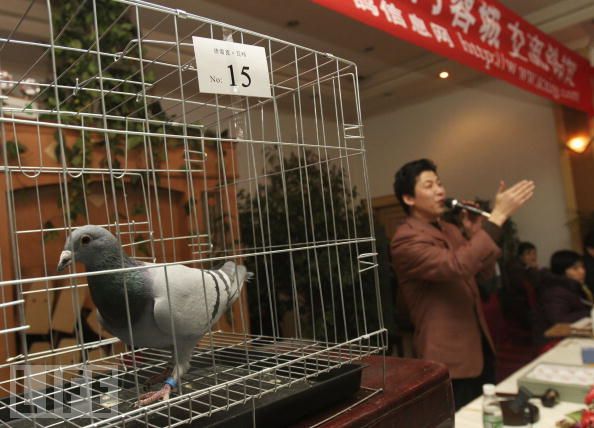 6. Avoid “Auction Fever”. It will cause a buyer to spend more than he or she wants. Hold you emotions in check. Free food and alcohol affect these emotions. The food is OK, but the alcohol gets you to open up your wallet. Keep to the rule: once you have made your selections, arrive at a price you are willing to pay for each bird. Your job is to buy the bird at a fair price. Never over bid your limit or what you feel the bird is worth. If you bid and are not sure of the bid, then ask the auctioneer. His job is to sell birds, not confuse you. Bid at whatever speed is comfortable for you. Remember, the auctioneer works for the seller. It is his or her job to create both excitement and a sense of urgency to motivate people to bid quickly.
6. Avoid “Auction Fever”. It will cause a buyer to spend more than he or she wants. Hold you emotions in check. Free food and alcohol affect these emotions. The food is OK, but the alcohol gets you to open up your wallet. Keep to the rule: once you have made your selections, arrive at a price you are willing to pay for each bird. Your job is to buy the bird at a fair price. Never over bid your limit or what you feel the bird is worth. If you bid and are not sure of the bid, then ask the auctioneer. His job is to sell birds, not confuse you. Bid at whatever speed is comfortable for you. Remember, the auctioneer works for the seller. It is his or her job to create both excitement and a sense of urgency to motivate people to bid quickly.
7. Before you go to the auction, you must decide what you intend to buy. Are you looking for a cock, a hen or maybe two birds to mate together? Do you want to by one bird or several? If you have pedigrees to study in advance of the auction, look for the champion birds and study their pedigrees. Look for the key birds that appear most frequently. Seek out those birds in the auction that are similarly bred to the champions. If the seller is present, introduce yourself and discus with him the birds you have selected. Ask his advice on suitable matings and on what birds he recommends you need to achieve your goals. Remember, no one knows the birds better than he does. Seek his advice. The seller should present prospective buyers with the most information possible and give the auctioneer a honest picture to enable him to generate enthusiasm among the audience.
8. Understand how the auction works, and if there are any reserve bids. RESERVE BID: the lowest price the seller will accept to sell the bird. It is the owner’s property. If that owner has set a particular price for the bird, then that is his or her right. The bird will remain the seller’s property until that bids reach that stipulated amount. If the bid does not reach the reserve, then the bird is not sold. Reserve bids are used for special birds, record birds and foundation breeders. If the reserve bid is $5,000 USD. AND THE HIGHEST BID IS ONLY $4,000 USD, the bird is not sold. When you look at the auction results, you may see RNA (RESERVE NOT ATTAINED) next to the bird’s band number. The best approach is to assume that every bird in the auction carries a reserve bid, or minimum bid, that the seller will accept. There is one exception, an “absolute auction”. If the sale advertises an absolute auction, this legally binds the auctioneer to sell the bird to the highest bidder, no matter the bid amount. There are no reserves or minimum birds at an “absolute auction”.
9. Find out if the auction allows “proxy bids, advance bids or mail in bids”. This bidding allows a person to place a maximum bid on a bird in advance, and he does not have to attend the auction. He indicates the highest amount he will pay for the bird, and someone in attendance bids for him. Many times it is the auctioneer. This type of bidding may cause cheating and unethical practices by the auctioneer and sales company. You can best describe these actions as FRAUD.
For example, a fancier sends in a mail bid for $5,000 USD. for bird #1, which is a record bird and champion breeder. This means he authorizes the sales company to bid as high as $5,000 USD. to buy the bird for him because he will not attend the auction. The auctioneer starts the bidding at $1,000 USD. because he bids for the mail in bid. Someone in the audience bids $1,500 USD. The auctioneer bids $1,700 USD., and no one else in audience bids. The bird should be sold for $1,700 USD to the mail in bid. However, if the sales company and auctioneer are dishonest, then they will have someone in the audience continue to make fake bids (this person is called a shill) to drive up the price as close to $5,000 USD as possible. This makes the mail in bidder pay over $3,000 more for the bird than was necessary. Why would they do this? They are paid on commission, the more the bird sells for the more they make. Also, with mail in bids, you can make the buyers in attendance pay more than necessary. Same bird #1. Several individuals in the audience also want the bird, and the bid goes past $5,000 USD. The auctioneer should stop his bidding, because he can only go to the $5,000 USD authorized by the mail in bidder.
However, he continues to bid past the $5,000 and makes fake bids to drive up the price the buyers in the audience must pay for the bird. Many times the final buyer will overpay a very large amount for the bird because the auctioneer saw the chance to take advantage of the buyers in the audience, their enthusiasm and their desire to purchase the bird. For this reason, I do not like the use of advance bidding or mail in bids. However, they are a very common practice in today’s pigeon auctions. A buyer must decide if the auction allows mail in bids, if he wants to participate in the auction and who will make the bids for these absentee buyers.
10. Buyers should pay close attention to the number of the birds that the auction advertised in advance, and how many of the original birds are there on auction day. It is a very common practice by sellers and auction companies to advertise several birds that they have no intention to sell to bring in a large number of buyers. The buyers arrive to find out that these birds have been withdrawn and substitute birds put in their places. This is commonly called the “bait and switch”. You come to the auction to buy one bird and the seller tries to sell you another. Another reason many of the original birds are not present is that they may not be healthy. There have been a number of cases where unexpected illness occurred after the auction advertised the birds. If this is the case, do not buy any of the birds. You do not want any chance that this sickness will reach your loft and cause future problems. Also, it is a common practice for sellers to sell birds before the auction to private buyers. The seller takes advantage of the sales company’s time, money and advertising to promote the sale. It would be cost prohibitive for the seller to try to duplicate the promotional efforts of the catalogues and advertising himself, so he takes advantage of their efforts to offer some of his birds at private deals.
THIS IS NOT VERY ETHICAL OF THE SELLER!
REMEMBER “IT IS NEVER A GOOD BUY IF YOU DID NOT NEED THE BIRD OR IT CANNOT HELP YOU BETTER YOUR RACE RECORD, REGARDLESS OF HOW CHEAPLY YOU PURCHASED IT. “CAVEAT EMPTOR (LET THE BUYER BEWARE)”.
Pigeon Auction Helpful Tips (part 3 of 3) by Bob Prisco

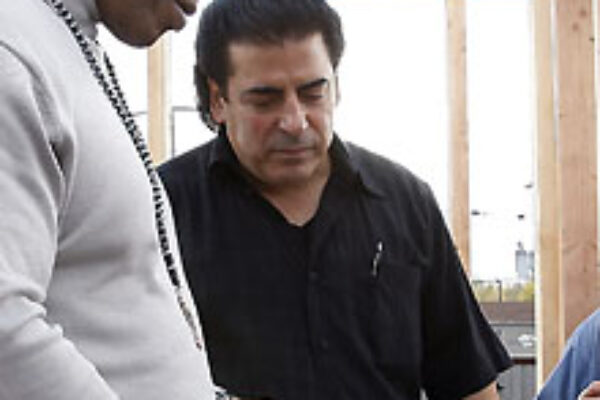
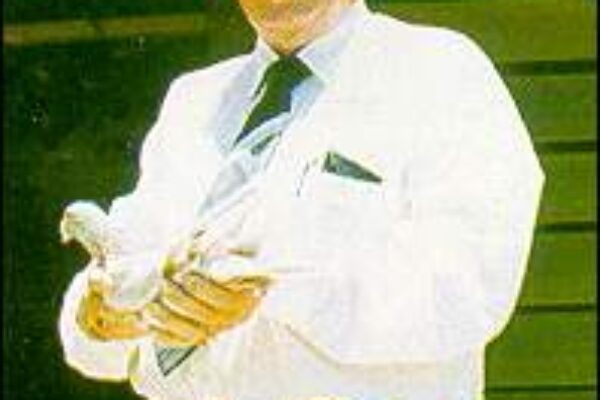
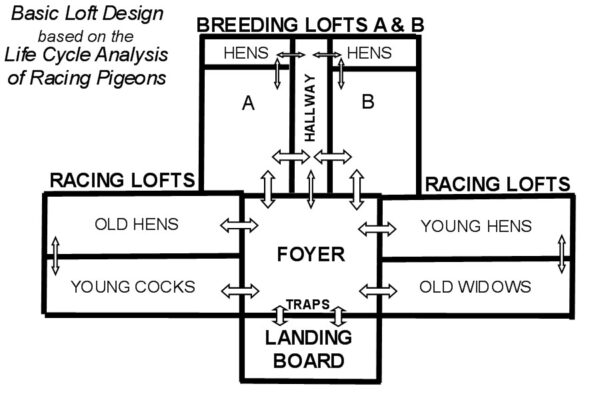
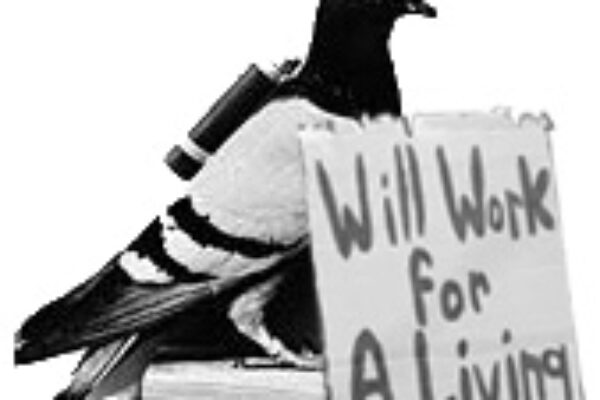
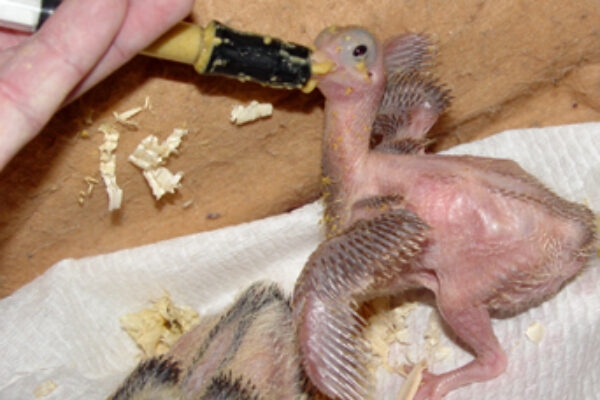

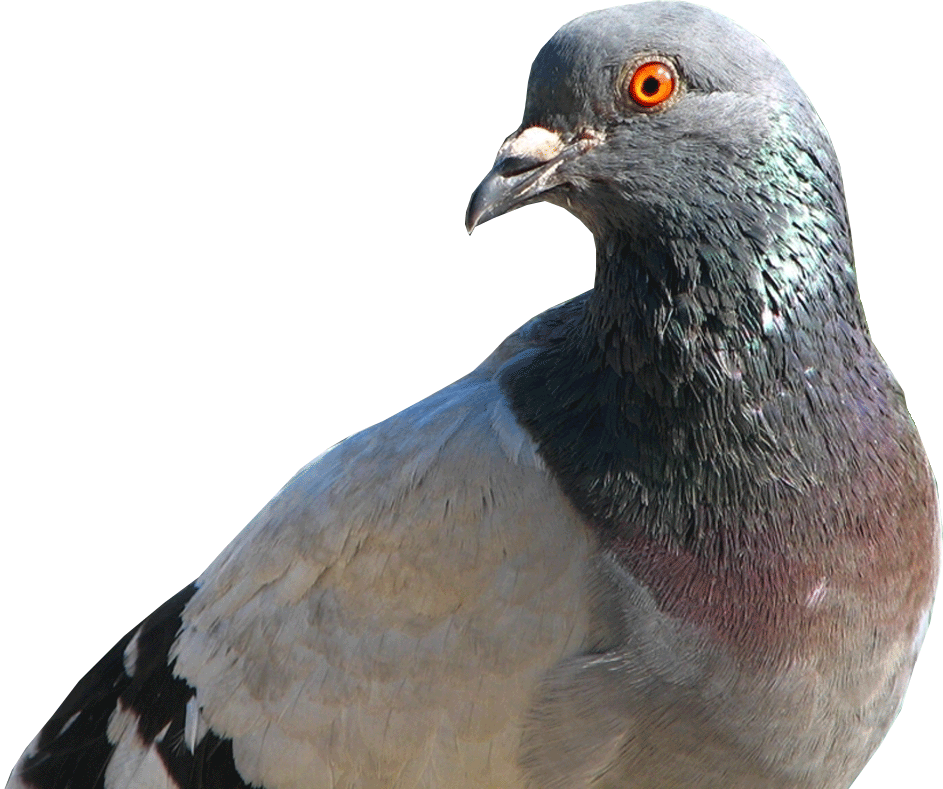

HI chris.
Good artical, The best place to go to get birds is to Go to a complete Action , selling birds hampers also clocks ect.There are a lot off crooks out ther i have been stung several times now.I think i will keep the junk i Have .Put my best to best.
P.S chris can you put somethink about resportary and how to keep it down by not useing Antybyotics.
Trev Australia.
Hi Trev,
I would like to contact you by email it seems you and me are on the same track , the way you handle and race your birds. my way is more or less the same
Johnna Namibia
PS thanks Chris for the wake up call ( auctions )
you might try two locate the closest pigeon club in your area by contacting the au the anerican pigeon union . com iam in the centeral new york pigieon combine we have auctions at syracuse you can all so find pigeon auctions at http://www.europigeons.biz/ and there are other sights online good luck all
I really enjoyed the whole article! never done an auction myself. Always went to a fellow flyer or a pigeon dealer who sold feed-meds-etc. Thank you soooo much! Maybe I’ll try to sell some myself, and buy some this way. We “DO” have a livestock auction here in Pa., not far from where we live. They have everyhing from chickens-goats-to Pot bellied pigs! Also, cars & equip. on a seperate night. When we 1st. moved here from “Joysey” friends of ours took us there to sort of show us “how” it worked.They were into petbirds, and bought ’em in lots.That was the only “problem” for me, you had to have an “auction #” and buy everything in “lots”. Of course I was being selective! be well, Chris. PS thanks again for crossing over to”F.B.”
Great article! Yes where are the auctions because I would love to attend some of them and choose some more nice birds. I went to one in Portland years ago and it was very interesting; beautiful pigeons. Keep the articles coming, please, as I enjoy them. Thank you, Janie
where to find when and where these auctions are taking place?
very good advice thanks